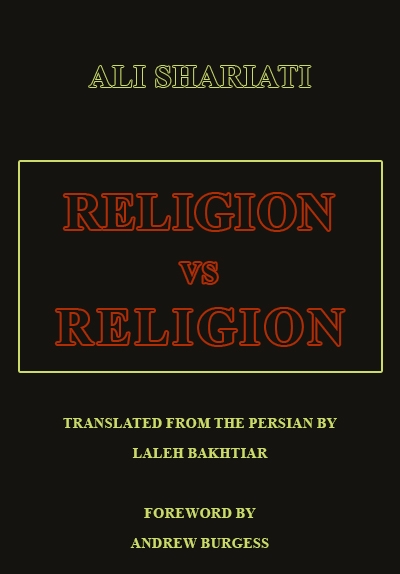



ஒரு அறிஞர், பேச்சாளர், போராளி என்றளவில் ஷெய்க் யூசுஃப் அல்-கர்ளாவி நீண்டதொரு சாதனைப் பட்டியலைக் கொண்டவர். எனினும், அவரின் சமீபத்திய நிலைப்பாடு உம்மத்தில் பலரையும் அதிர்ச்சியடைய வைத்திருக்கிறது. அவர் முஸ்லிம்கள் மத்தியில் உட்பூசலையும் போரையும் தூண்ட முயற்சிப்பது ஏன்?
There has been much written and said and much continues to be written and said about Imam Hosein and the role he played in history. The ancients have explained him one way and the innovating intellectuals in another. But as I realized recently, we cannot know what Imam Hosein has done without understanding what the meaning of martyrdom really is.
From that day when Muhammad (PBUH) left Mecca after thirteen years of anguish and continuous struggle and went to Medina, he knew that the period of weakness and concealment of Islam had ended and that he must, with the help of his loyal and valiant followers, lay the foundation of a civilisation with the glory of an Islamic organization, and construct the basis of his political regime in the way which God desired.
The line Shariati draws in the following speeches is between two religions, a "religion of revolution" and a "religion of legitimation." The difference between them is sharply drawn: the first is a religion working to overcome differences in class and economic status, while the second is a religion legitimating and perpetuating such differences. As opposed to some socialists who draw the line between religion, as supporter of class divisions, and non-religion, which overcomes these divisions, he places the dividing-line within religion itself. From his perspective, it is thus not religion itself that needs to be rejected as the "opium of the people," but only one type of religion, the "religion of legitimation," while true religion remains unscathed. The consequences of this impressive analysis are far-reaching. Not for nothing has he been called the ideological leader of Iran's "Islamic Revolution."
1
